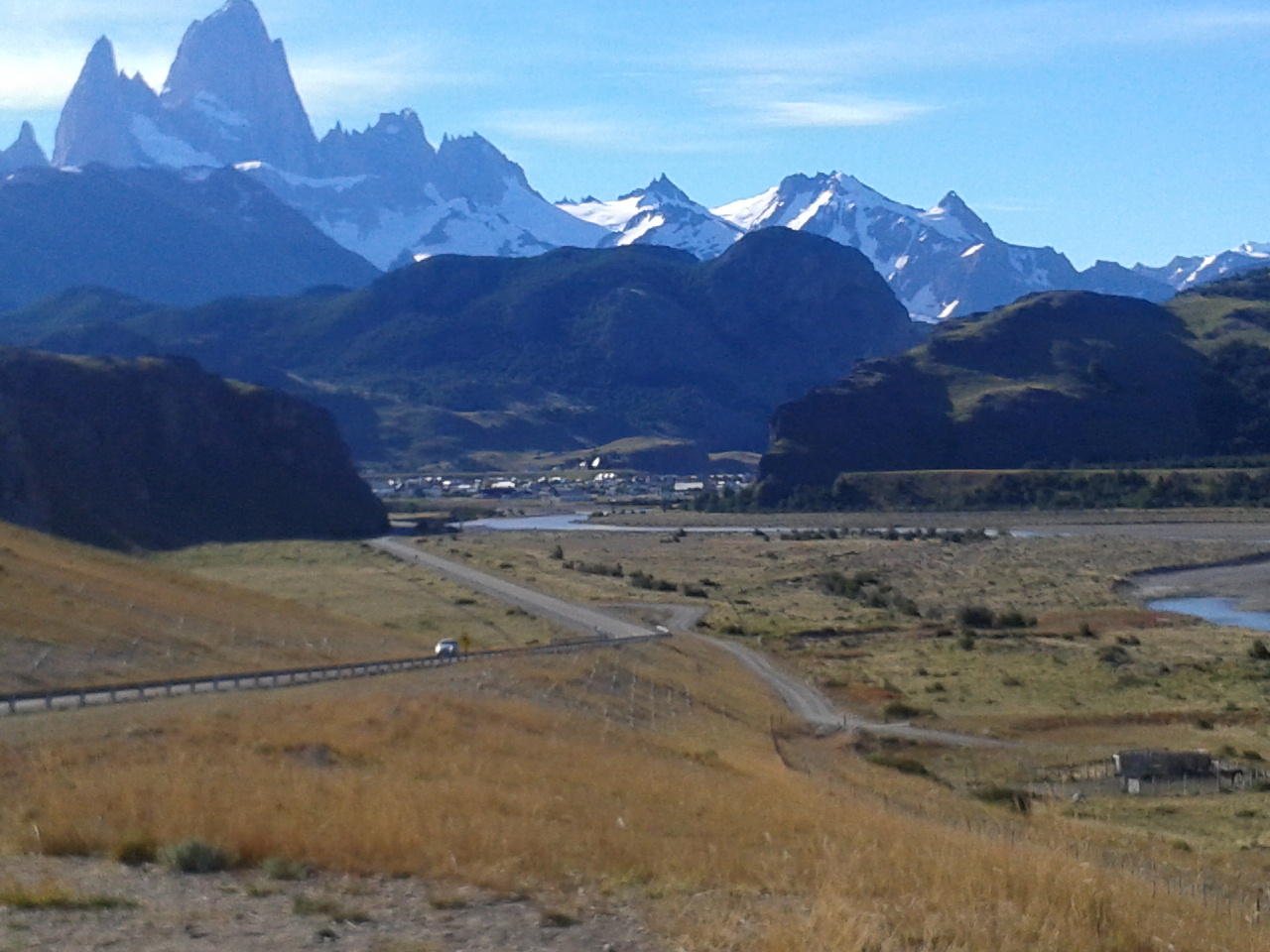 At the northern tip of Glaciers National Park in Argentine Patagonia, the small town of El Chalten is situated in an amazing and iconic landscape. However, in spite of being flanked by the Fitzroy Mountains and just over these incredible Andean peaks the icy expanse of the Southern Icefields, El Chalten is not removed from global ecological programs. In the past few years, residents and park rangers have reported sightings of the introduced invasive species – the American mink (Neovison vison).
At the northern tip of Glaciers National Park in Argentine Patagonia, the small town of El Chalten is situated in an amazing and iconic landscape. However, in spite of being flanked by the Fitzroy Mountains and just over these incredible Andean peaks the icy expanse of the Southern Icefields, El Chalten is not removed from global ecological programs. In the past few years, residents and park rangers have reported sightings of the introduced invasive species – the American mink (Neovison vison).
For this reason, the Argentine National Parks Administration’s Southern Patagonia Coordination Office has initiated a citizen science monitoring program to involve the local community in the detection of this species, to help managers determine quick and appropriate action. Managers, park rangers and scientists have created an education and involvement campaign that will last until February to create greater consciousness of the issue and also establish formal mechanisms for citizens to report their findings.

